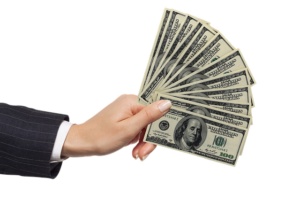Unsecured Personal Loans
Unsecured personal loans are loans accepted without collateral. Collateral is when you contribute a loan asset. With an unsecured loan, lenders are eligible on the basis of credit history and income instead of pledging assets. Borrowers have no right (like home or vehicle) to take tangible assets when borrowers avoid paying on unsecured loans.
These loans are also called ‘signature loans,’ as what you have on the table is your signature on the loan agreement. You offer to pay back, but you do not endorse this commitment by promising collateral.
Unsecured credit category:
Unsecured credit is available in different forms are given below
Unsecured credit cards:
While credit cards may not be considered loans, when you spend with a credit card you borrow money.
Student loans:
While some people take money out of their homes to pay for tuition, student loans are usually unsecured by education departments and private student loans.
Personal loans:
These accounts are unsecured loans that can be used by banks, credit unions and online lenders for any reason you wish.
Approval of unsecured loans:
You don’t have to pledge anything as collateral in order to get an unsecured loan. The lender would then judge your loan application on the basis of your willingness to repay it (unlike the willingness of the lender to sell its assets and receive what you owe).
Lenders look at different variables to decide whether you are likely to pay back or not.
Your Debt:
Lenders test your debt background to see if you have paid off loans successfully in the past. A machine generates a credit score based on the details in your credit report that is a guide to your creditworthiness. You would need good credit to get an unsecured loan. If you have borrowed too little in the past (or poor credit because you have sunk through the rough times of your life), you will rebuild your credit over time.


